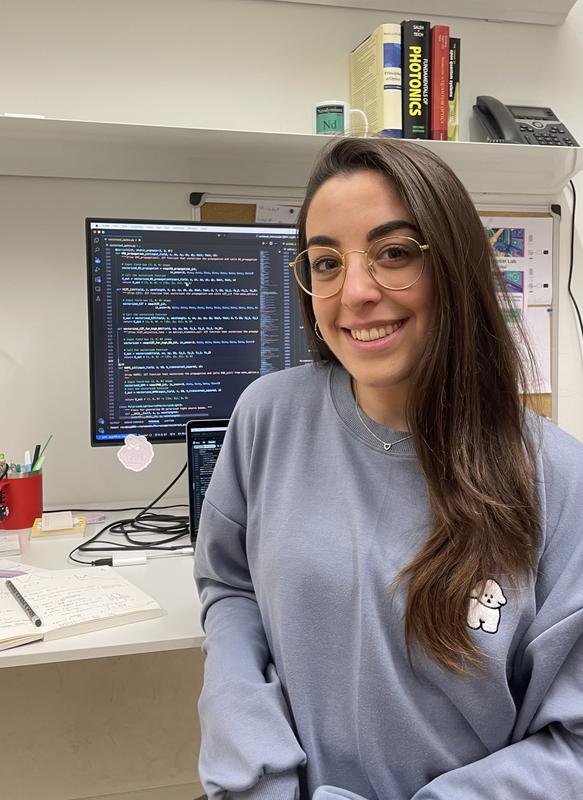Scientists at the Max Planck Institute for the Science of Light (MPL) have developed a new artificial intelligence (AI) framework named XLuminA that can autonomously discover new experimental designs in microscopy, particularly super-resolution microscopy. This innovation addresses the challenge of the vast number of possible optical configurations for microscopes, making it difficult for human researchers to find optimal setups through traditional methods based on experience and intuition.
The XLuminA framework operates as an AI-driven optics simulator capable of exploring the entire space of potential optical configurations much faster than conventional computational methods, achieving optimizations up to 10,000 times quicker. Researchers emphasize that this technology can significantly accelerate the discovery of new super-resolution microscopy techniques which are crucial for biological sciences, allowing scientists to overcome the diffraction limit of light and visualize cellular structures at a nanoscale level.
The team validated XLuminA by demonstrating its ability to independently rediscover three established microscopy techniques, including the Nobel Prize-winning STED microscopy. Furthermore, XLuminA has proven its capacity for genuine discovery by devising a novel super-resolution design that integrates principles from existing methods and outperforms them.
The open-source XLuminA framework is modular and adaptable to various microscopy and imaging techniques. The researchers are working on expanding its capabilities to include nonlinear interactions, light scattering, and time information, which would enable simulations for an even wider range of microscopy systems. The team believes that XLuminA holds great promise for advancing scientific discovery in optics and is expected to be a valuable tool for interdisciplinary research collaborations.

Leave a Reply